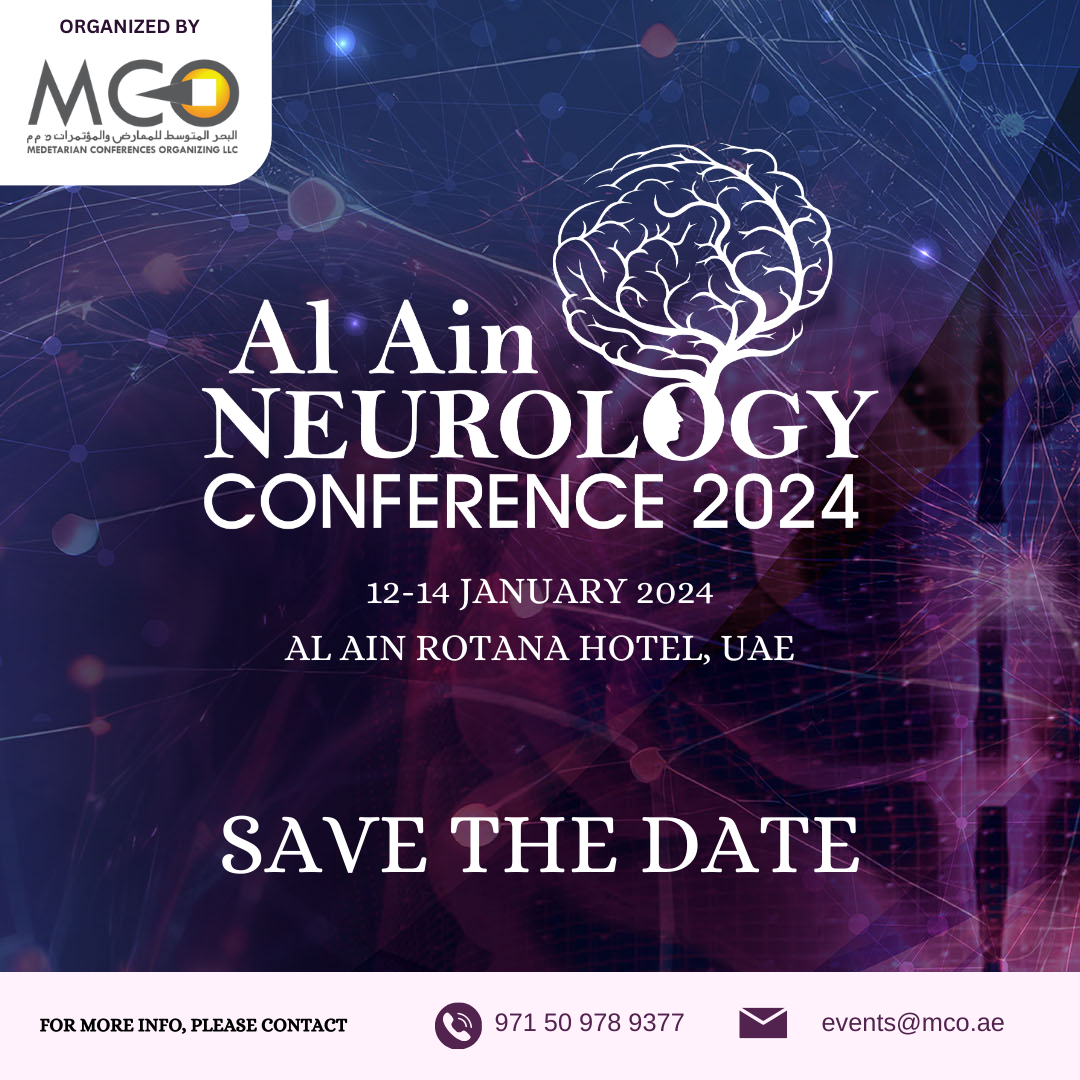The Al Ain Neurology Conference 2024, held over three intellectually charged days, emerged as a pivotal platform aimed at reshaping the landscape of neurology and neurological care. From informative workshops to insightful plenary sessions, the conference was designed to empower attendees with the latest advancements and knowledge in the field of neuroscience.
With speakers hailing from prestigious institutions worldwide, including Queen Mary University of London, the University of Pittsburgh, and the Albert Einstein College of Medicine, among others, the conference facilitated a rich exchange of ideas and expertise.
The conference aimed to be more than just a gathering of minds; it sought to ignite a spark of innovation and collaboration that would resonate far beyond its duration.
One of the highlights of the conference was the Botox Workshop conducted by Dr. Ali Mohamed Hassan and Dr. Mohammed AlHatou. This workshop provided attendees with valuable insights into the therapeutic applications of Botox in neurological conditions, paving the way for enhanced patient care.
Another noteworthy workshop was the Nurses Stroke Workshop led by Ms. Angela Welch. This session underscored the crucial role of nurses in stroke care and equipped them with essential skills and knowledge to improve patient outcomes.
Stroke rehabilitation was also a key focus area, emphasizing the importance of comprehensive rehabilitation strategies in aiding the recovery process and enhancing the quality of life for stroke survivors.
The conference delved into cutting-edge treatments for neurological disorders, such as the discussion on harnessing Rimegepant in clinical practice by Prof. Alan M. Rapoport. Prof. Dawn C. Buse provided valuable insights into the impact of migraine and the advancements in headache management with Eptinezumab, shedding light on avenues for improving patient care.
Furthermore, experts like Prof. Jihad Inshasi and Dr. Raed Alroughani championed patient care in neuromyelitis optica spectrum disorder, emphasizing the need for tailored treatment approaches. Dr. Raed A. Alroughani shared guidelines for the treatment of multiple sclerosis, providing attendees with evidence-based strategies for managing this complex condition.
The conference also addressed the evolving landscape of neurological treatments, with sessions like “If time is a brain, it is time for change. Ocrelizumab Totality of Evidence” by Dr. Ali Mohamed Hassan, offering insights into emerging therapies and their potential impact on patient outcomes.
Armed with new insights, collaborations, and perspectives, attendees departed with a renewed sense of purpose and determination to advance neurological care. The conference served not only as a milestone in the journey of neurology but also as a testament to the power of collaboration in shaping a brighter future for patients and practitioners alike.
